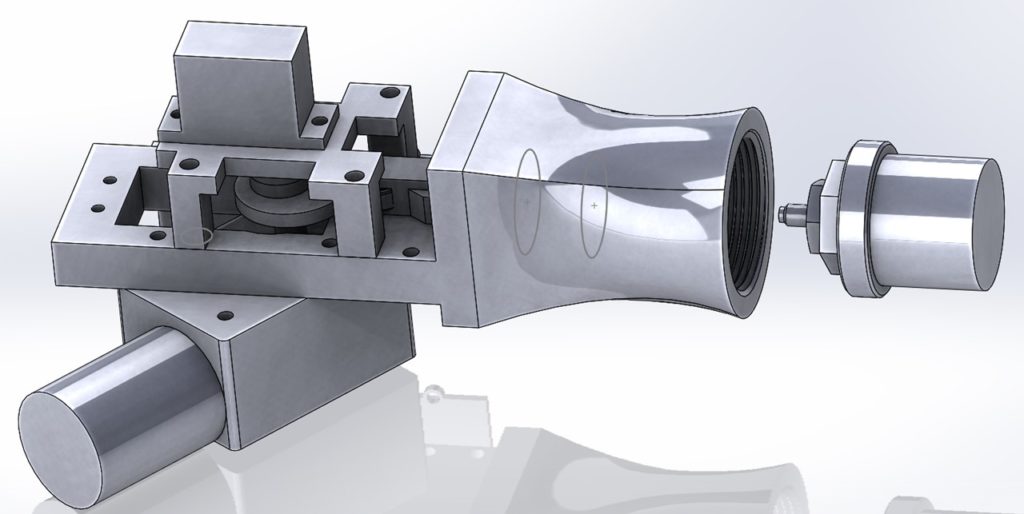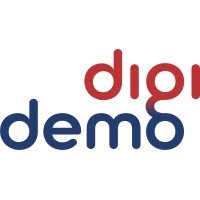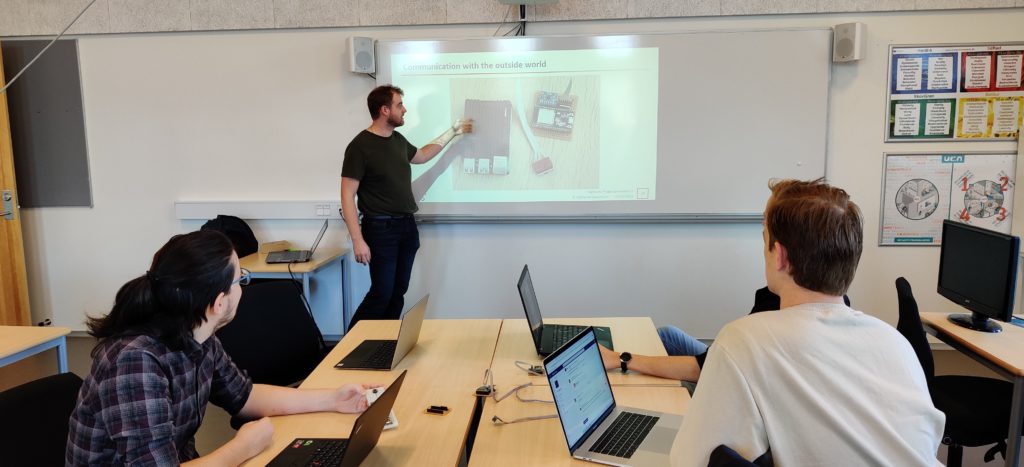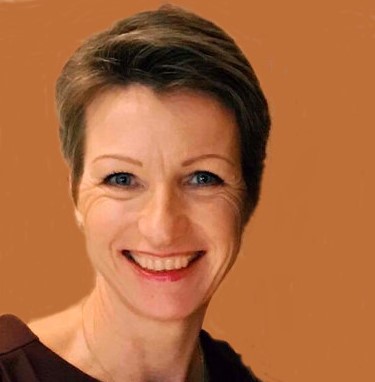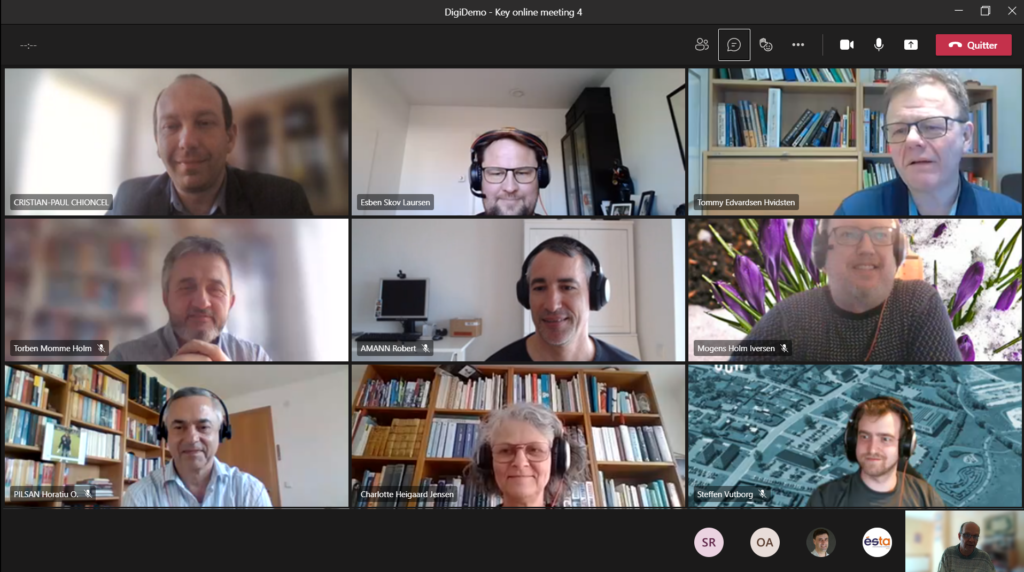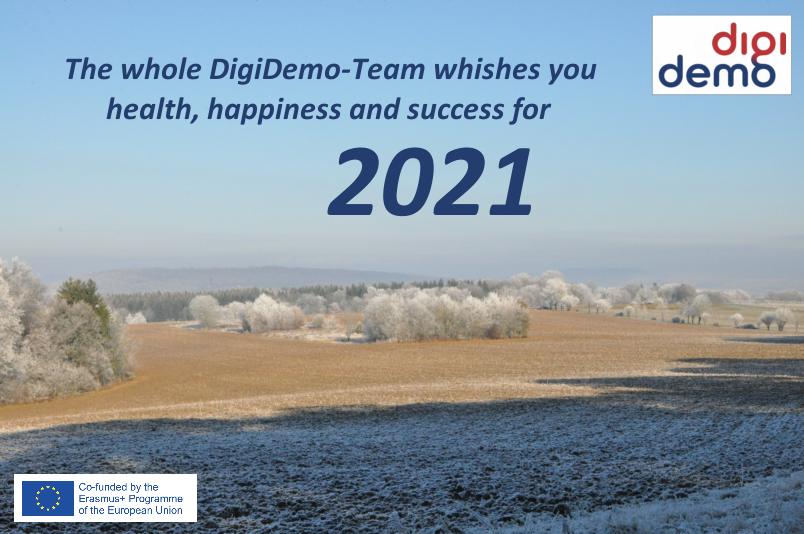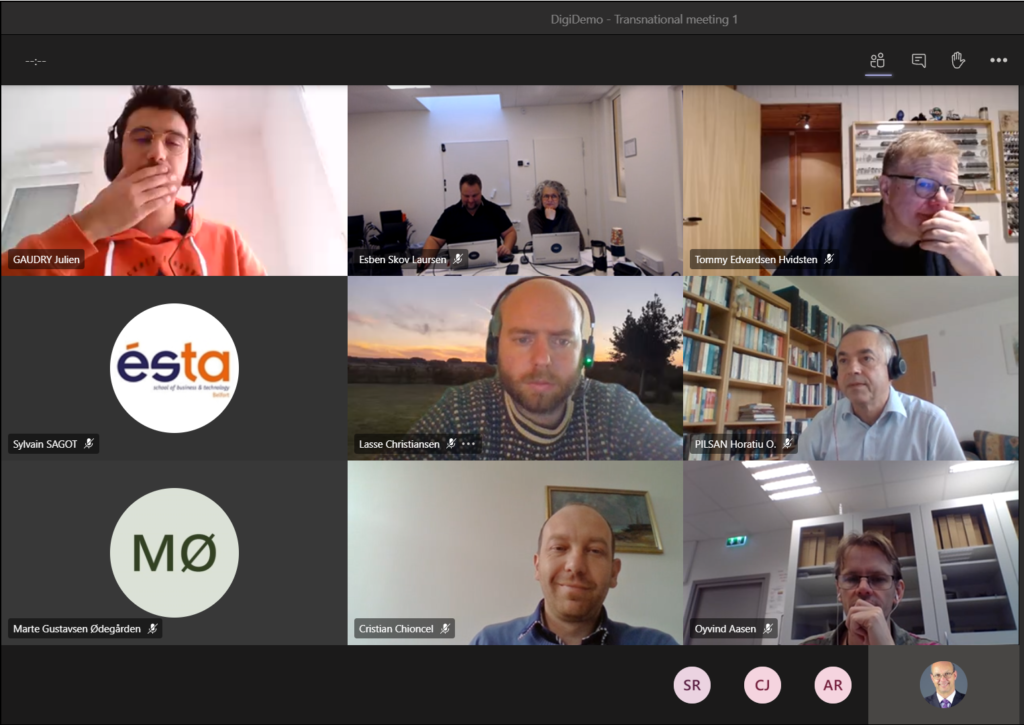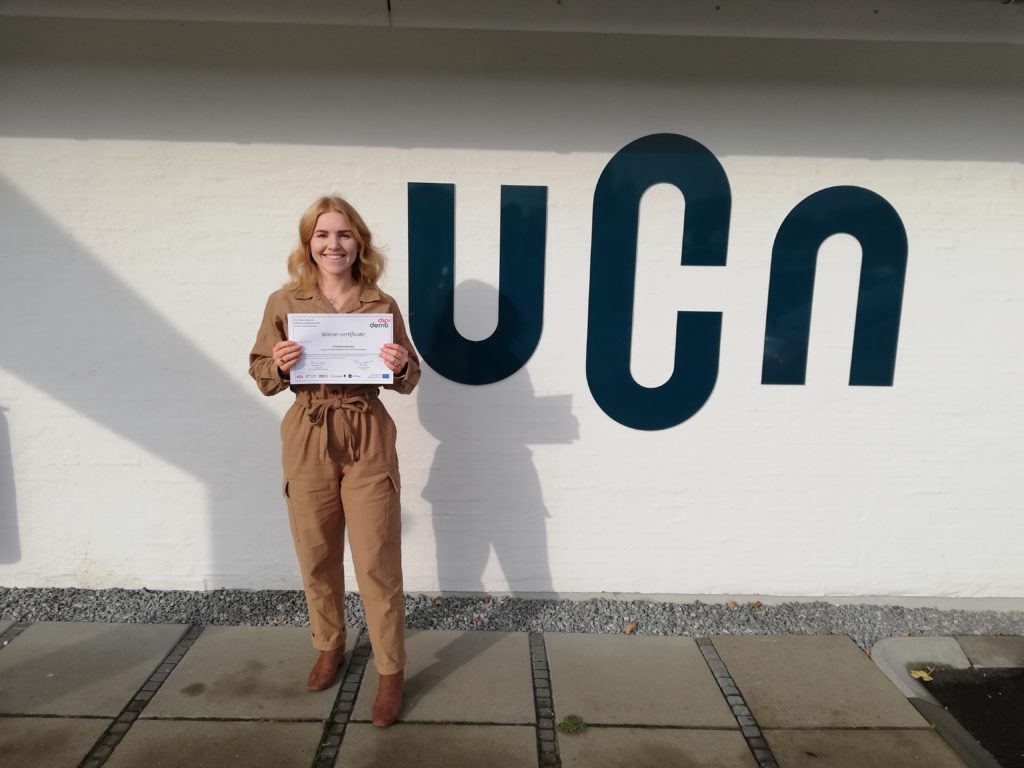Interview with Laure Viellard, Director of ESTA Belfort
Is the DigiDemo project the first Erasmus+ project at ESTA?
ESTA Belfort is a private higher education institution based in Belfort, close to the German and Swiss borders in Eastern France. We train sales engineers able to understand and to sell technical products. Therefore, they need both technical and commercial skills.
We are strongly cooperating with companies with regard to placements, lectures, projects, or company presentations. ESTA participated in other European co-funded projects (Interreg, Erasmus+) in the past. Our special interest in these projects lays in the improvement of our pedagogic programme and in the promotion and sharing of our double skills approach. And, finally, participating in European co-funded projects is important for us vis-à-vis to students, their parents, companies, or the national ministry of higher education.
What is your interest in participating in the DigiDemo project?
Today, we offer a sales engineering degree with three specialisations: Industry 4.0, ChemBiotech, and Digital transformation. Students follow the same lectures for sales, marketing, and management topics, but technical contents are mainly separated.
Modern products are getting more intelligent, we are speaking about Smart Products such as, e.g., connected refrigerators or loudspeakers. Even industrial machines are getting connected to facilitate data exchange, predictive maintenance, or to gather information for added-value services. This impacts not only engineering education; we must also train future sales engineers to be able to sell connected products!
DigiDemo allows us better integrating mechanical, electronics and digital contents. This is beneficial to our students who cooperate with pairs from other technical specialisations; and this will improve their future employability. And our sales and marketing contributions are bringing new aspects and insights to the pure engineering students at pour partner institutions.
ESTA will also benefit from the cooperation with our partners that is a good basis for further projects as well as for students’ and teachers’ exchanges.
How did you manage to integrate the project consortium?
We are always looking for opportunities to cooperate in projects that help us getting new insights and improving our programme. Concerning DigiDemo, we received a partner research alert from our French Enterprise Europe Network partner from Burgundy Franche-Comté. The DigiDemo’s lead partner University College of Northern Denmark shared, and we applied as potential partner. Our first online discussion went quite well, and finally UCN accepted us as partner. In January 2019, we then hosted the preparatory project meeting in Belfort where project details have been discussed and confirmed. We are very happy to be part of this interesting project.
What is the role of ESTA in the project?
As all partners, we are developing demonstrators of connected products that are used in class. This is the main objective of the project. All demonstrators will be publicly available and can be used by others.
In general, ESTA is involved in all work packages of the project. But we are responsible for two parts of the project:
1. The state-of-art analysis that led to the Mechatronics and IoT: Literature and study programme analysis deliverable with some interesting insights. There is a real need to complete mechanical as well as mechatronics studies with at least connectivity and network competences. This enables mechanical and electronics engineers to discuss with and understand computer science students that are responsible for IT networks and data-based services. These findings also confirmed the project partners’ choice to develop demonstrators of connected products for education in the DigiDemo project.
2. ESTA is also responsible for communication issues through the DigiDemo-Website and LinkedIn profile. And we are already looking forward to welcome partners and guests during the final DigiDemo conference in Belfort in June 2023. This will be a great opportunity to present demonstrators and to discuss results obtained through this European cooperation. And perhaps to start a new adventure with the partners?
